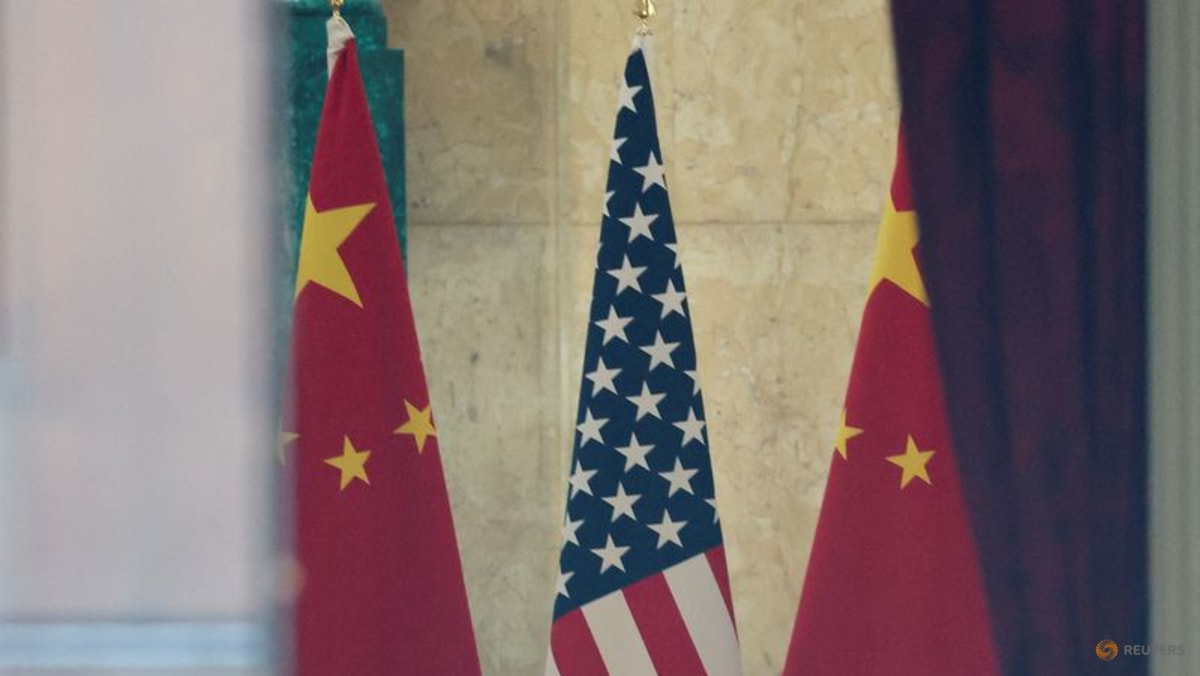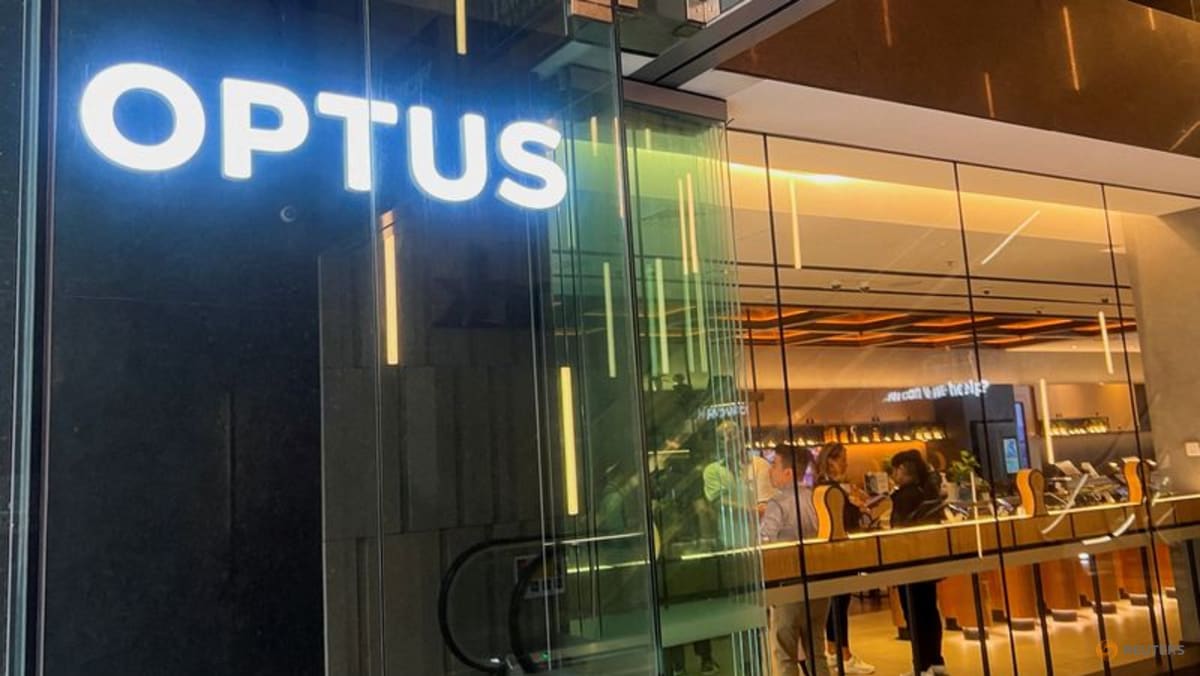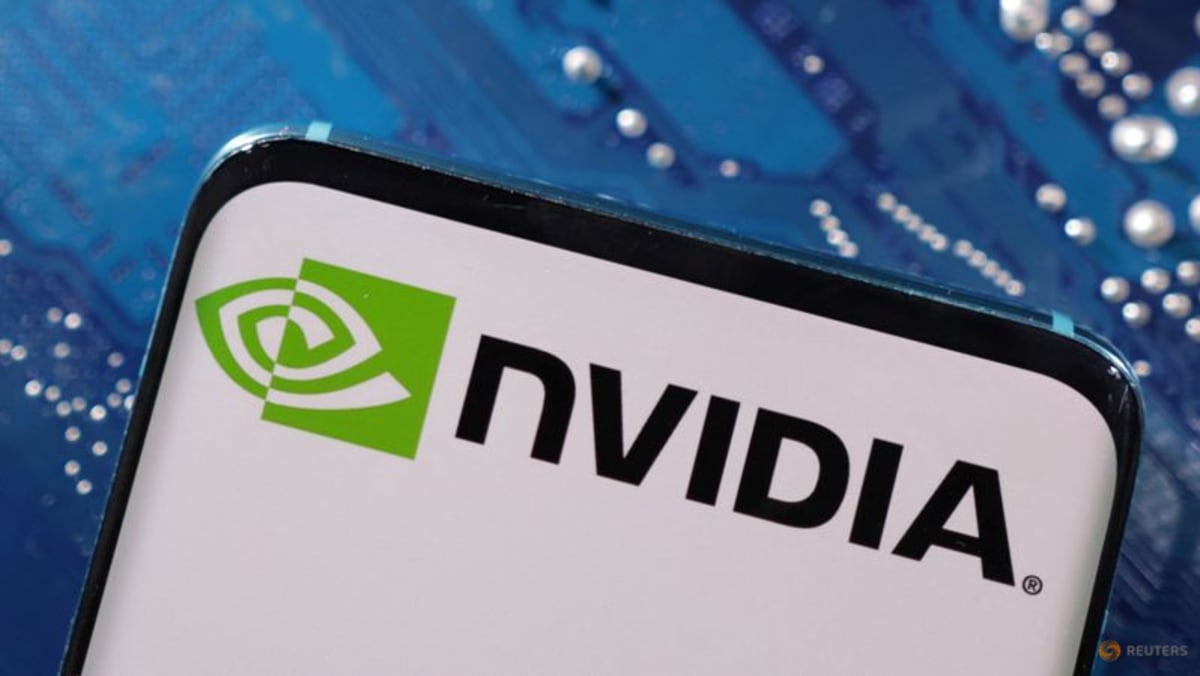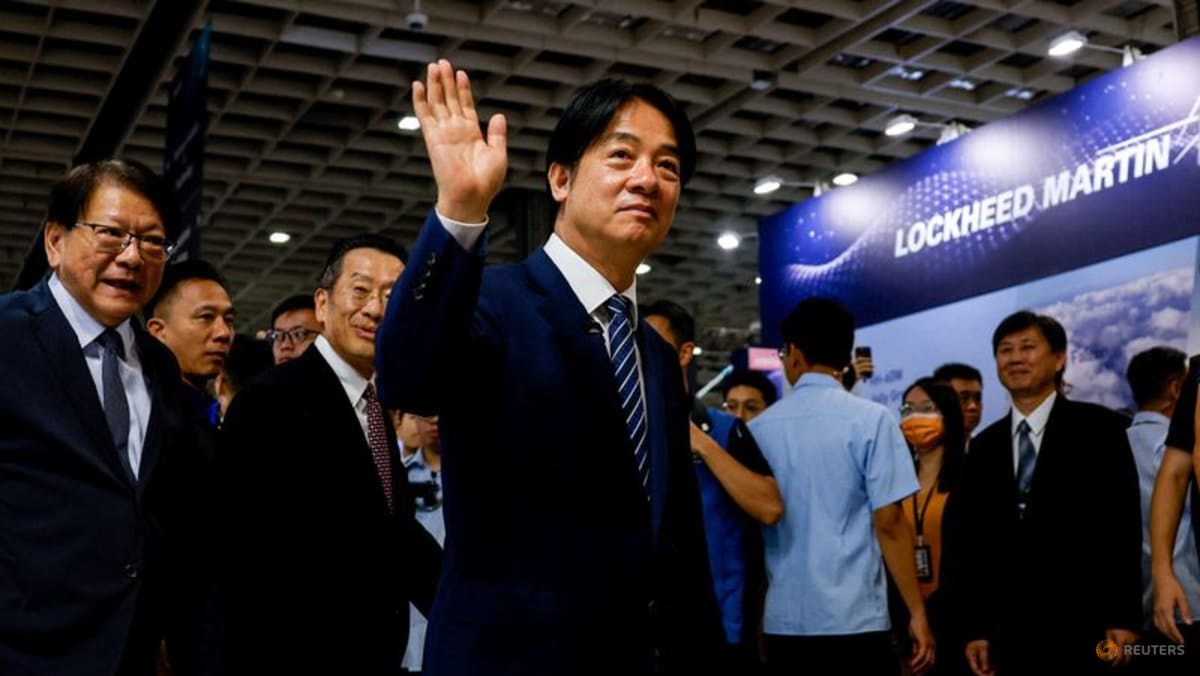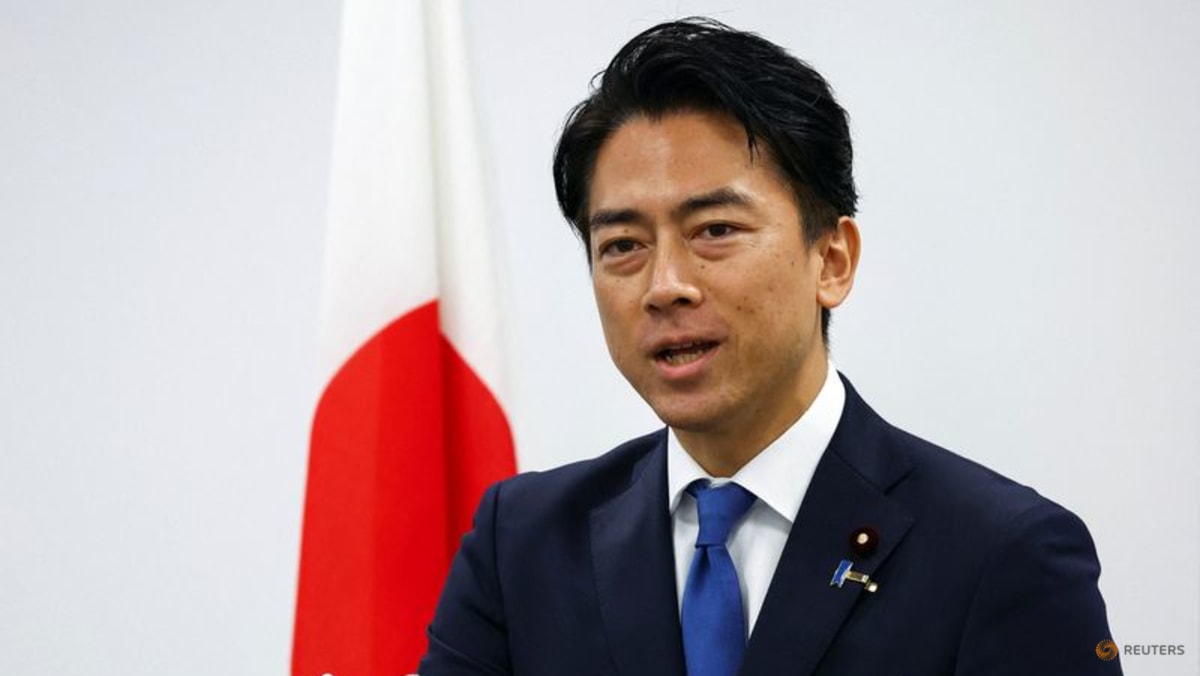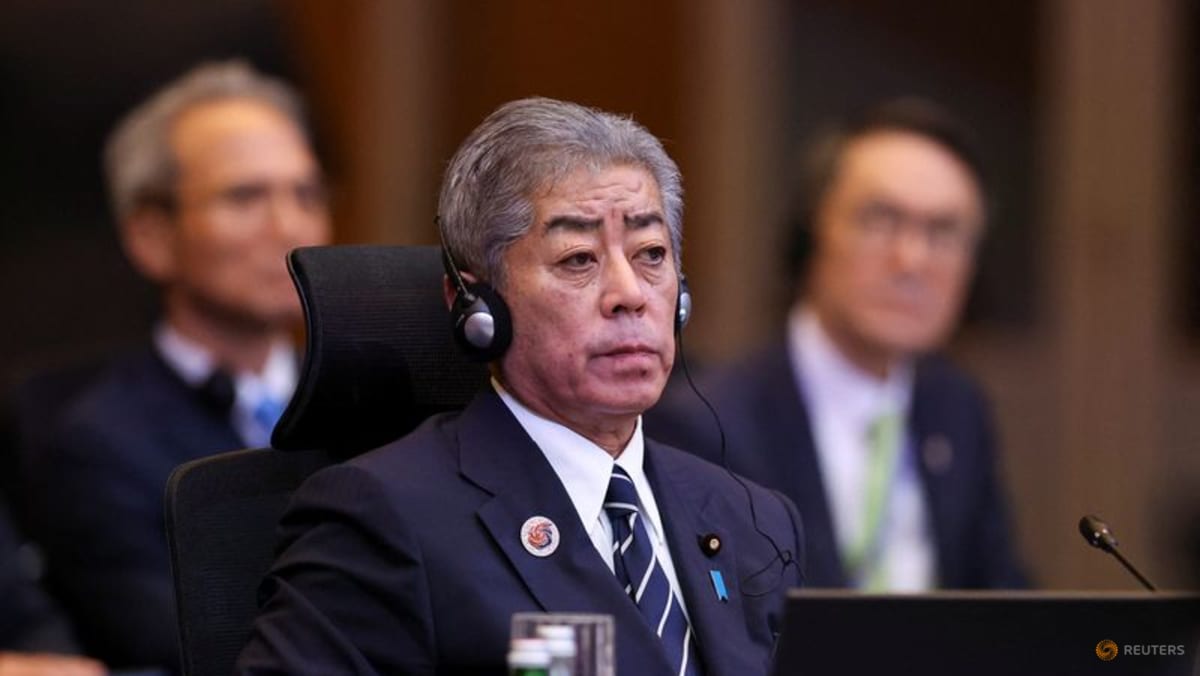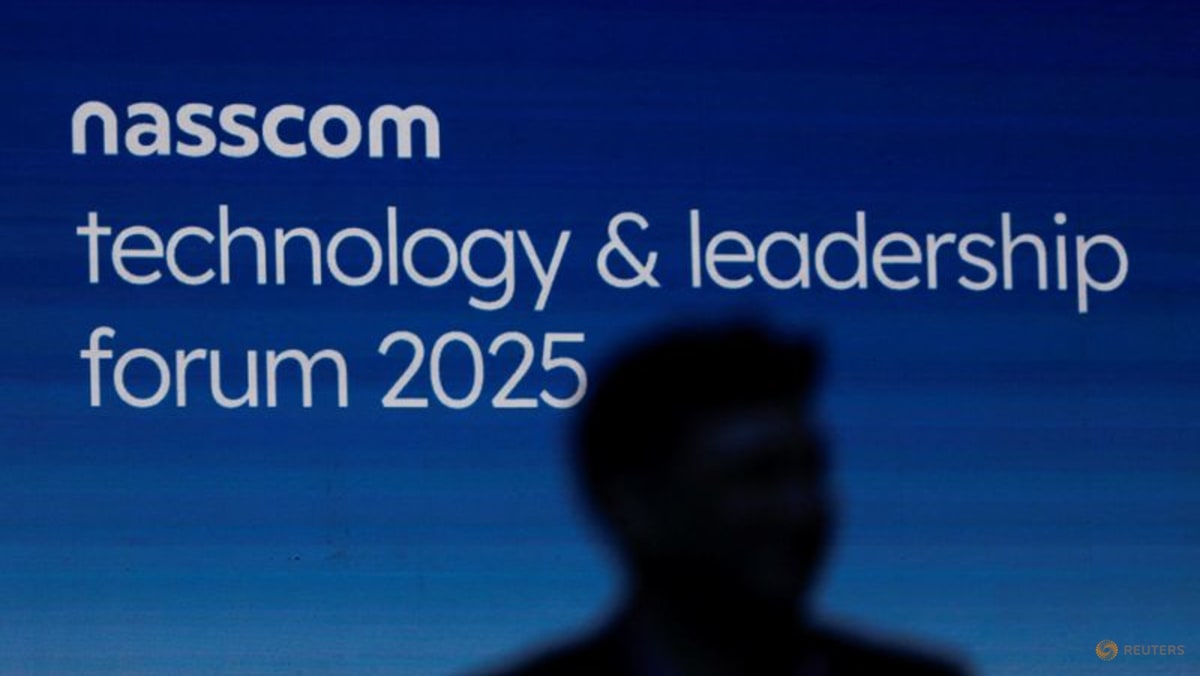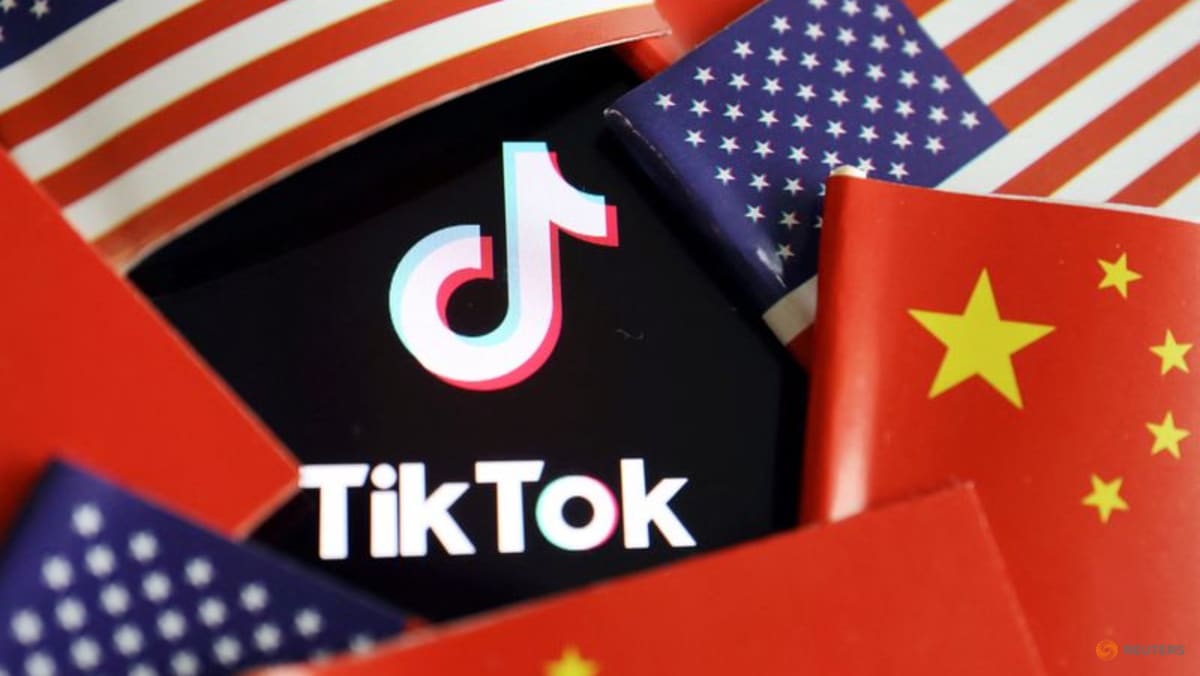The CAC statement did not elaborate on what backdoor security risks there could be or say what the Chinese government was considering doing as a result.
Nvidia’s products are highly sought after not just by Chinese tech companies but also by Chinese military bodies, state-run AI research institutes and universities. The company placed an order for 300,000 H20 chipsets last week due to strong demand, Reuters reported.
Chinese authorities and industry associations have in the past accused US tech companies of posing security risks, with varying consequences.
In early 2023, China barred key operators of the country’s infrastructure from purchasing from Micron, saying that a review it conducted had found that the US memory chip maker’s products posed serious security risks.
Last year, an industry group, the Cybersecurity Association of China, called for Intel products sold in China to be subject to a security review, but Chinese regulators have not publicly responded.
Nvidia is also facing an antitrust investigation in China. The State Administration for Market Regulation announced late last year it was investigating the chipmaker over suspected violations of the country’s anti-monopoly law.
The regulator said Nvidia was also suspected of violating commitments it made during its acquisition of Israeli chip designer Mellanox Technologies, under terms outlined in the regulator’s 2020 conditional approval of that deal.

